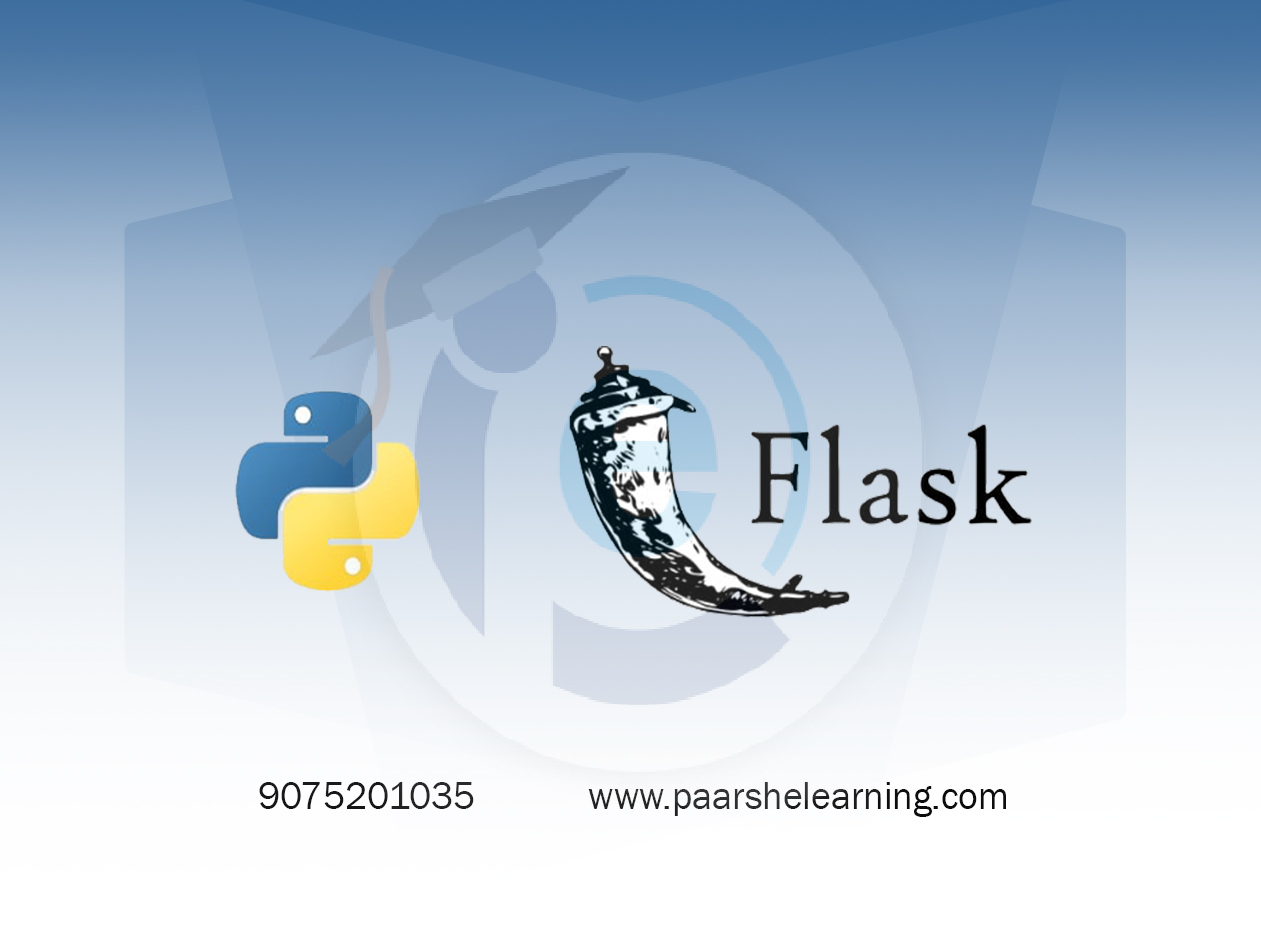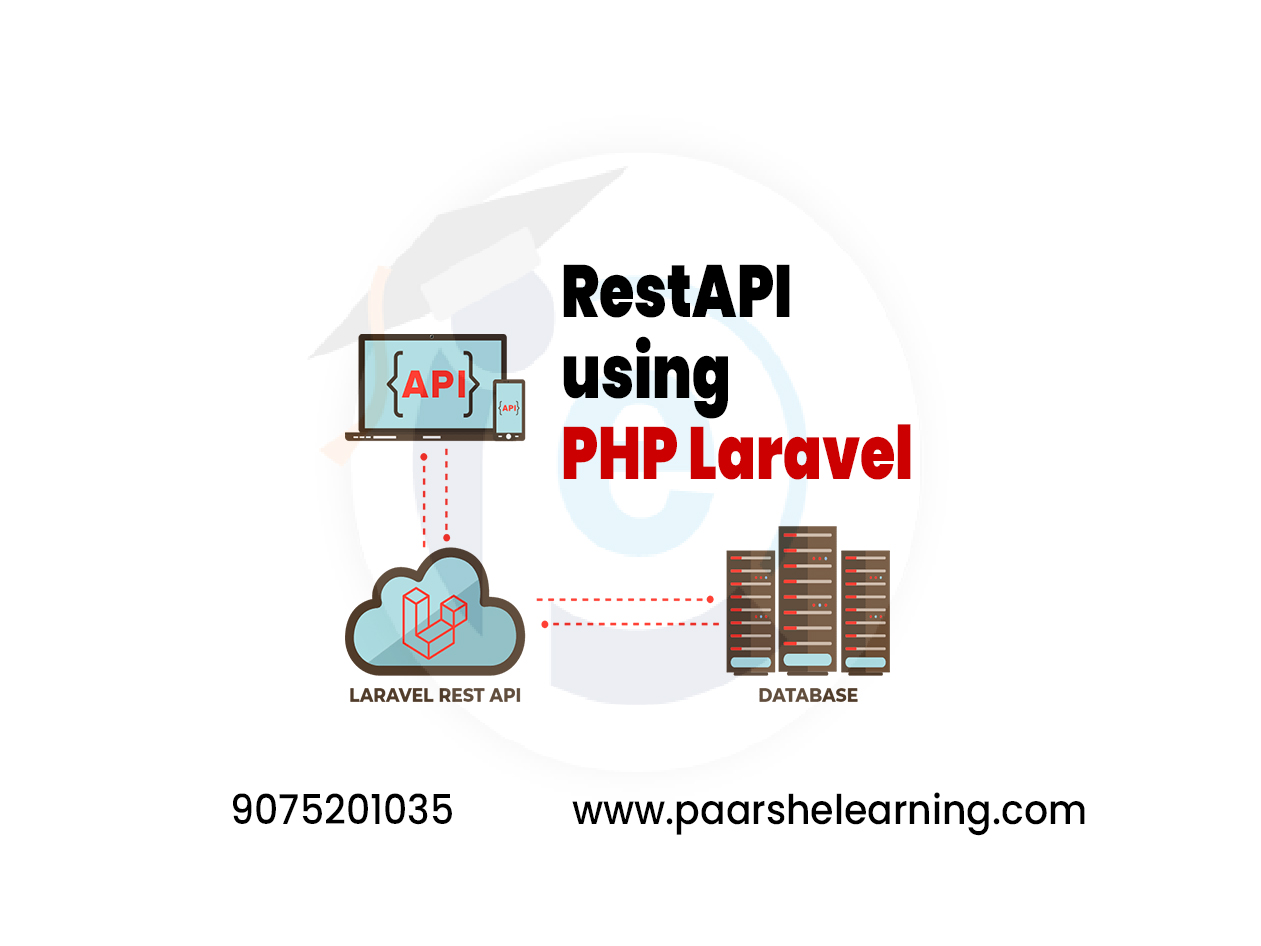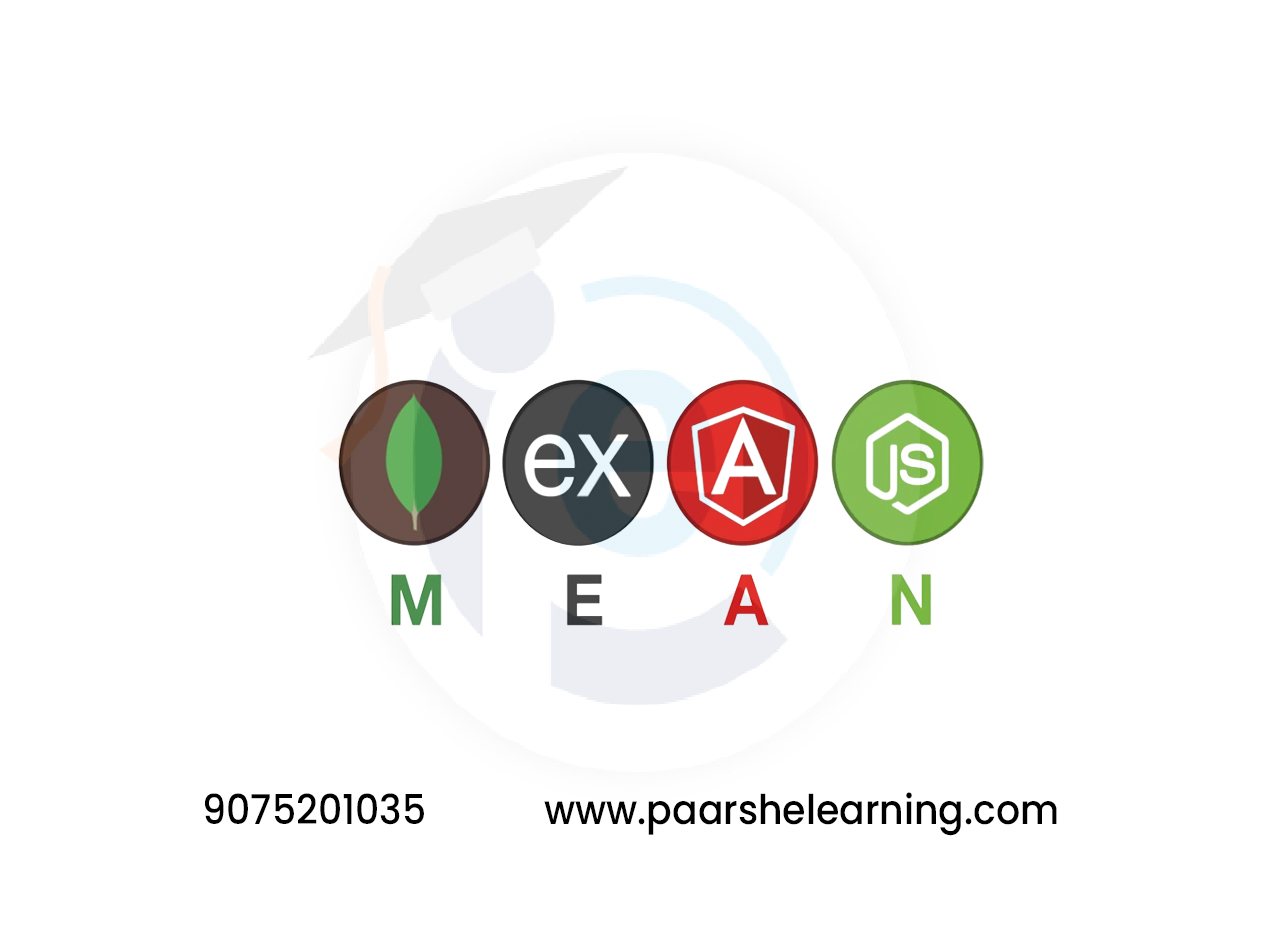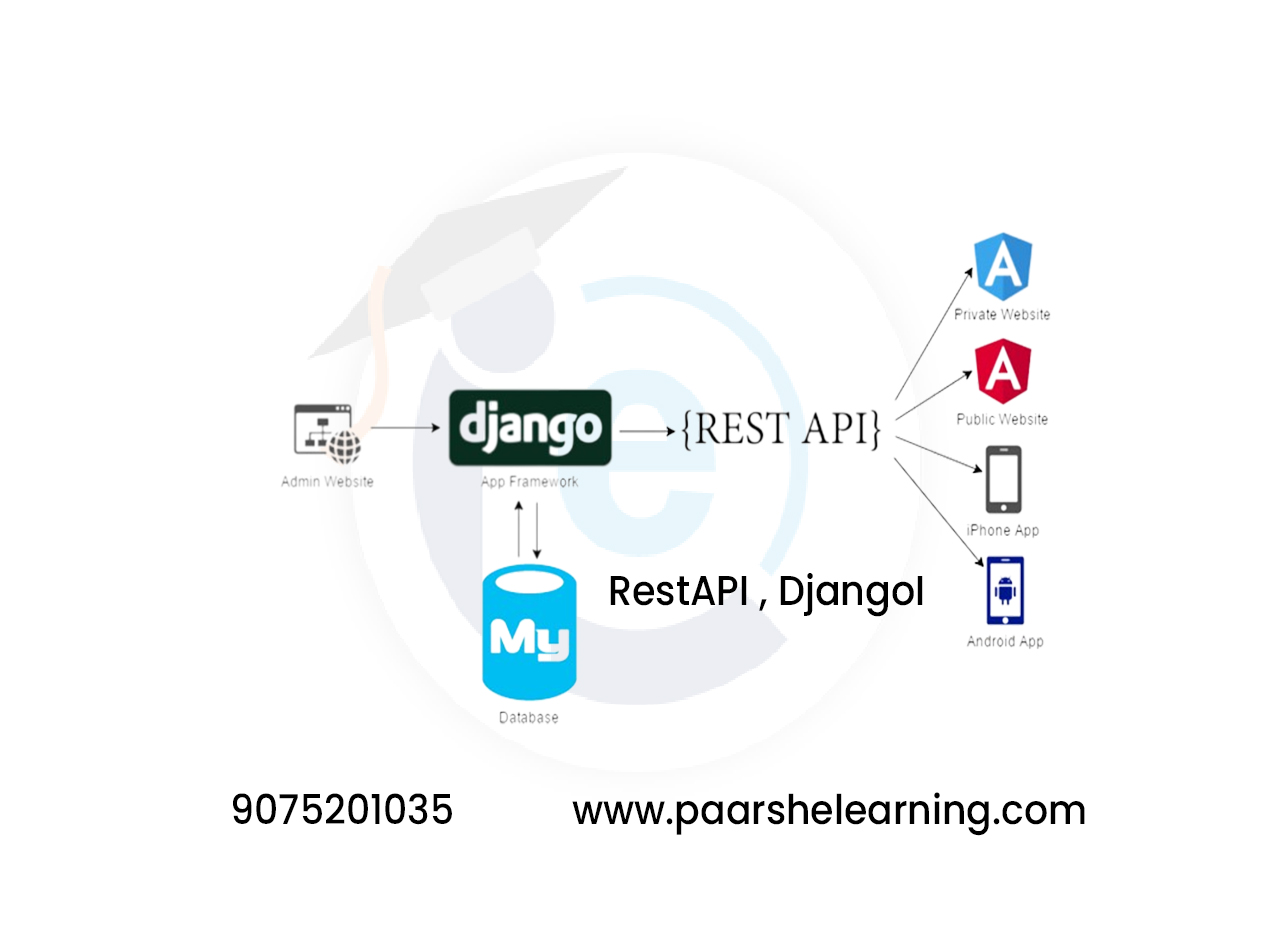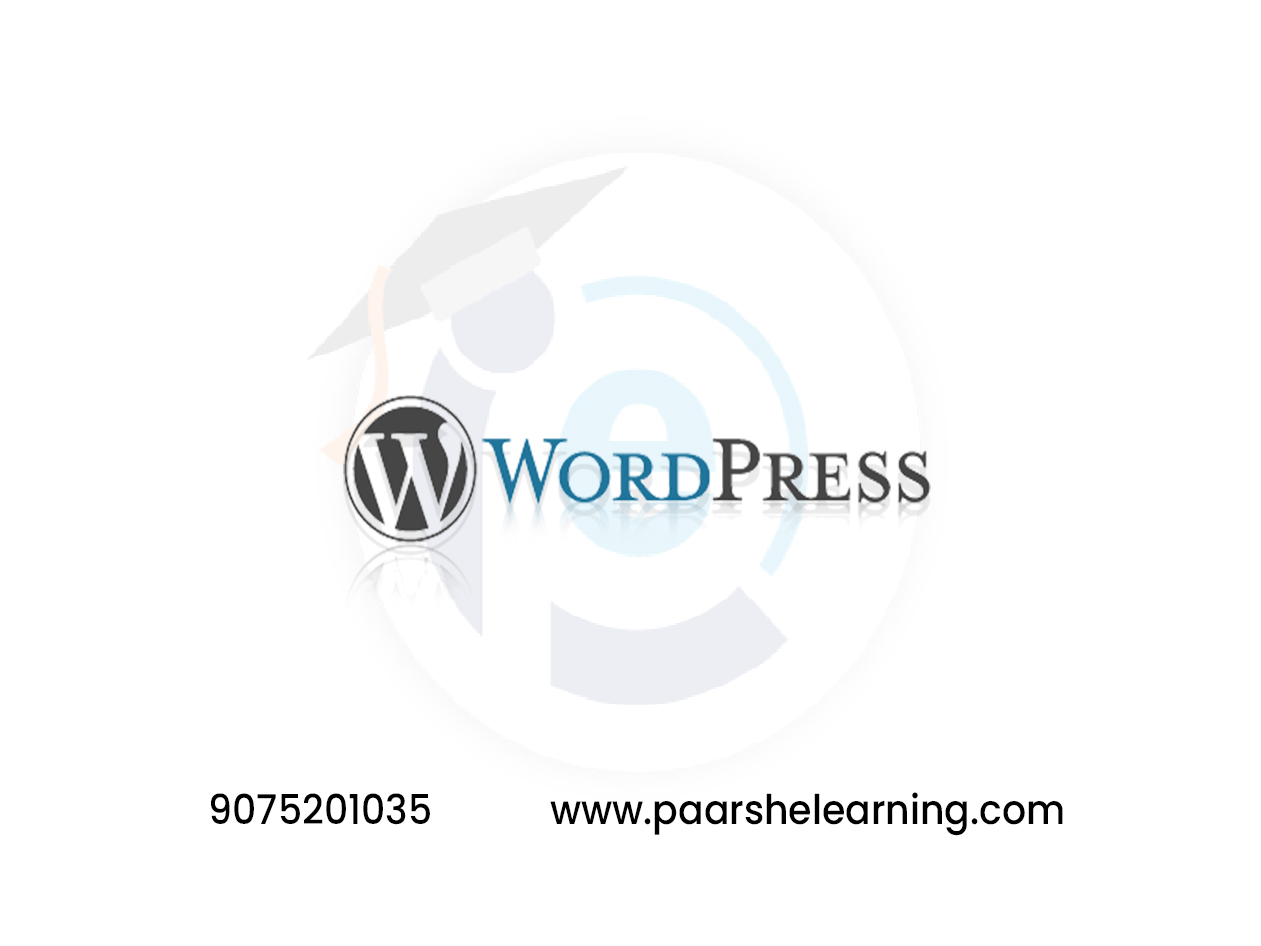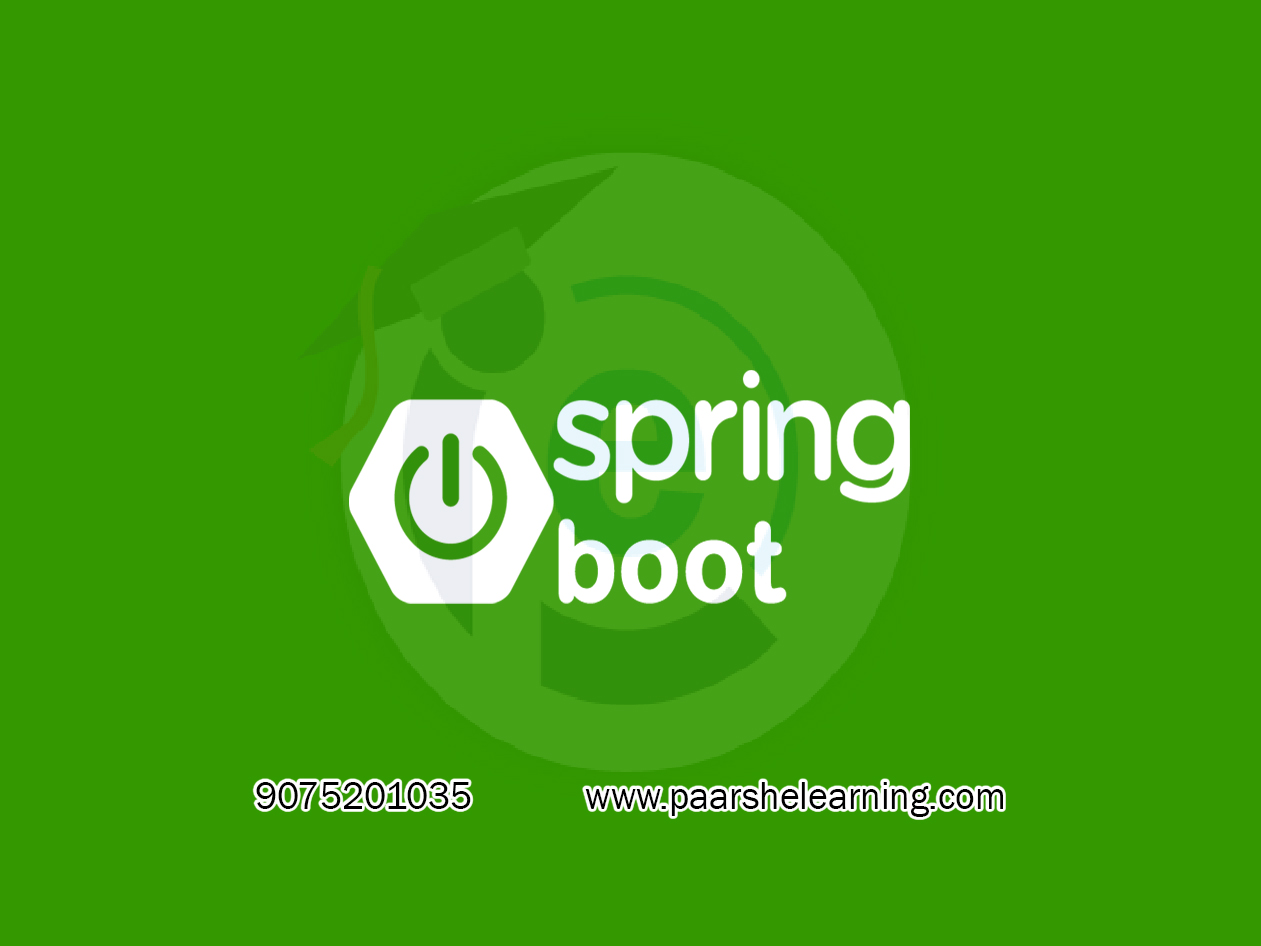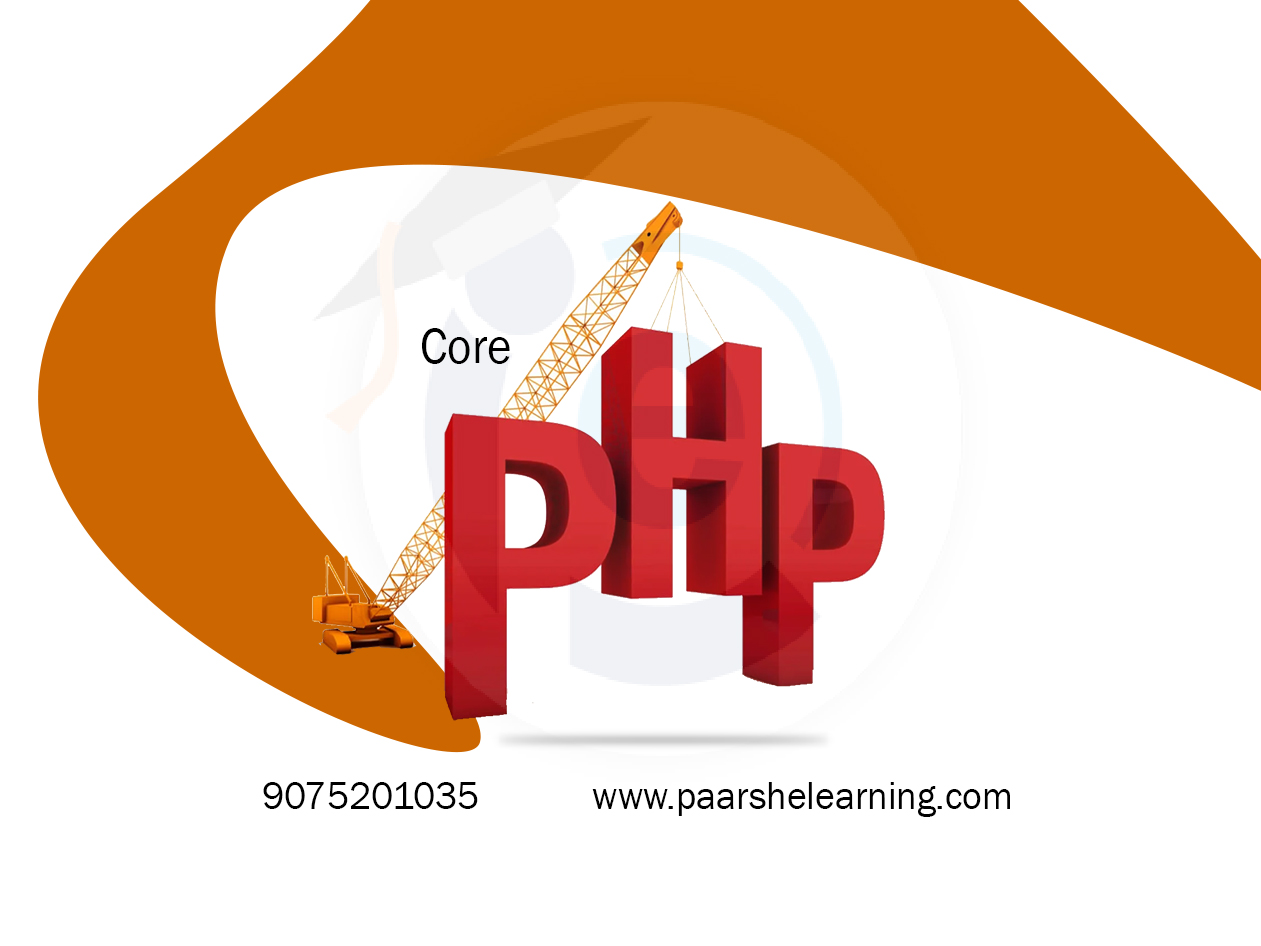- Understanding of Python: Students will have a good understanding of Python language, including variables, data types, control structures, functions, and object-oriented programming.
- Flask fundamentals: Students will learn the basics of Flask, including routing, templates, request handling, and database interaction.
- Database integration: Students will learn how to integrate Flask applications with databases using ORMs, including SQLAlchemy and Flask-SQLAlchemy.
- Web forms: Students will learn how to build and process web forms using Flask, including validation and error handling.
- Deployment: Students will learn how to deploy Flask applications to production servers, including setting up WSGI, using Docker, and configuring NGINX.
- Best practices: Students will learn best practices for writing clean, efficient, and maintainable Flask code, including using blueprints, separating concerns, and using middleware.
Python Flask
Course description
Python Flask is a popular web framework for building web applications using the Python programming language. If you're interested in learning Python Flask, here are some key areas you can focus on:
-
Python Fundamentals: Develop a strong understanding of the Python programming language. Learn about variables, data types, control structures (if-else, loops), functions, modules, and basic input/output operations. Familiarize yourself with Python syntax and coding conventions.
-
Flask Basics: Understand the basics of the Flask framework. Learn how to set up a Flask project, define routes, and handle HTTP requests and responses. Explore the concept of views and templates in Flask.
-
Flask Templates: Gain knowledge of Flask's template engine, Jinja2. Learn how to create reusable templates, work with template variables, use control structures like conditionals and loops, and extend templates for code reuse.
-
URL Routing and Views: Understand how to define URL routes in Flask and map them to view functions. Learn how to handle different types of HTTP requests (GET, POST, etc.) and retrieve data from request parameters.
-
Forms and Validation: Explore how to handle HTML forms in Flask. Learn how to create forms, retrieve form data, and perform form validation. Understand how to handle form submissions and display validation errors.
-
Database Integration: Learn how to work with databases in Flask. Understand Flask's support for various databases, such as SQLite, MySQL, and PostgreSQL. Explore techniques for connecting to databases, querying data, and performing database operations using Flask-SQLAlchemy or other database libraries.
-
Flask Extensions: Familiarize yourself with Flask extensions, which provide additional functionality to your Flask applications. Explore popular extensions like Flask-WTF for form handling, Flask-Login for user authentication, Flask-RESTful for building RESTful APIs, and Flask-Cache for caching.
-
User Authentication and Authorization: Gain knowledge of user authentication and authorization in Flask. Learn how to implement user registration, login, and password reset functionality. Understand how to manage user sessions, handle user roles and permissions, and secure your Flask application.
-
RESTful API Development: Explore how to build RESTful APIs using Flask. Learn how to create API endpoints, handle HTTP methods (GET, POST, PUT, DELETE), and serialize/deserialize JSON data. Understand how to implement authentication and authorization for your APIs.
-
Deployment and Hosting: Understand the process of deploying and hosting Flask applications. Learn about different deployment options, such as using a web server like Gunicorn or deploying to a Platform as a Service (PaaS) provider like Heroku or AWS Elastic Beanstalk.
What you will learn from this course?
This course includes!
- Daily Live session
- A recorded session with problem-solving material
- Access on Mobile and TV
- Certificate of completion
- 100% Job Placement
- Recommendation Letter
This course is for
- Beginners who have no prior experience in web development or Python programming but want to learn how to build web applications using Flask.
- Web developers who want to expand their skills and knowledge in building web applications using Flask.
- Developers who want to learn how to build RESTful APIs using Flask.
- Anyone who is interested in Python developer
- Anyone who is willing to start their career in python
- Developer who wants to learn Flask Framework for the RESTfull APIs
Prerequisites for this course
- It is recommended that you have a basic understanding of the Python programming language, including variables, data types, control structures, functions, and object-oriented programming (OOP) concepts.
- Additionally, it would be beneficial to have some knowledge of HTML, CSS, and JavaScript for building web pages and basic understanding of SQL and relational databases.
Python Flask Syllabus
-
Introduction To Flask
Overview of Flask and its features Setting up a virtual environment Creating a simple Flask application Understanding the Flask application structure
-
Routing And Views
Defining routes and handling URL requests Creating view functions and rendering templates Passing data to templates from views Using URL converters for dynamic routes
-
Templates And Jinja2
Working with Jinja2 templating engine Using template inheritance and blocks Template rendering and data manipulation Incorporating conditional statements and loops
-
Forms And User Input
Handling form submissions in Flask Using WTForms for form validation Creating and rendering forms in templates Processing form data in view functions
-
Database Interaction With Sqlalchemy
Introduction to SQLAlchemy ORM Defining models and relationships Querying and manipulating database records Integrating Flask-SQLAlchemy in applications
-
User Authentication And Security
Implementing user registration and login systems Using Flask-Login for user session management Securing routes and resources with decorators Handling password hashing and security considerations
-
Restful Apis And Json Responses
Building RESTful APIs using Flask Creating API routes and resource handlers Handling JSON requests and responses Implementing authentication for APIs
-
Deployment And Final Project
Deploying Flask applications to hosting environments Using WSGI servers (Gunicorn, uWSGI) Containerization using Docker Final project: Developing a complete web application using Flask
-
Paarsh E-Learning encourages hands-on practice, assignments, and projects throughout the course to reinforce students' understanding of Flask framework concepts. Assign practical exercises that involve building web applications, integrating databases, and implementing various features of Flask. Cover both theoretical concepts and practical applications to provide a well-rounded learning experience.
